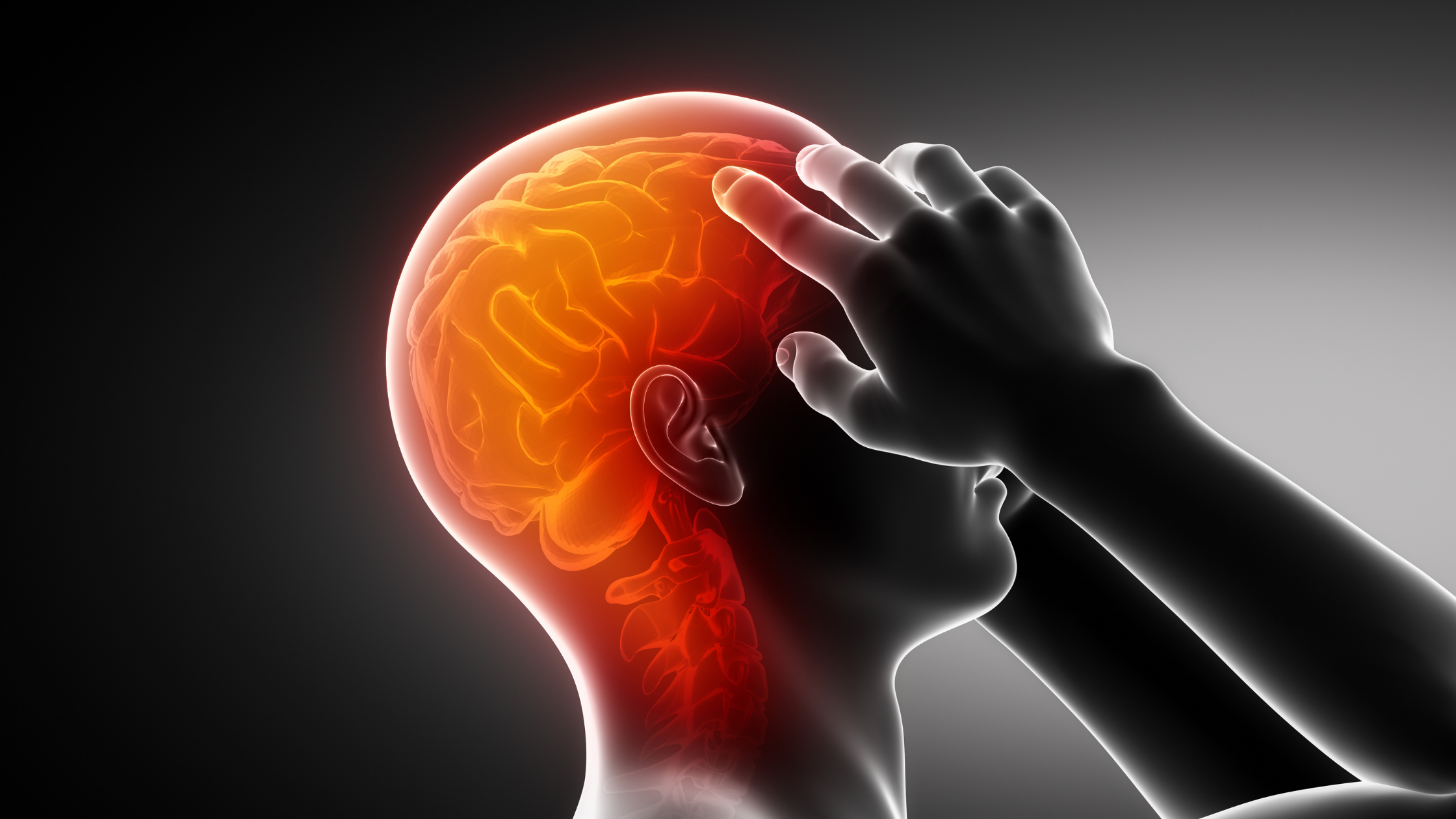5 Ways Cooler Weather Affects Your Health
Written by TYE Medical on Oct 17th 2023
As we head out of summer and into the autumn season, you might notice some changes in how you feel and how symptoms arise from seemingly out of nowhere. So what is the deal with fall and its chilly sister, winter? And why does it affect our bodies so noticeably? Science can explain many of these effects (but not all). And it can be helpful to know what to expect as the seasons change. Making some adjustments and taking some proactive steps can help alleviate some of these cool weather woes. Here are 5 ways cooler weather affects your health.
1. Headaches and Migraines

Constricted blood vessels in your brain are common headache and migraine triggers. Cold weather, especially when it changes quickly, makes these blood vessels constrict, leaving you more headache prone during cooler weather.
Changing weather can also set you on track for a migraine. When it turns extremely cold or stormy you find yourself battling another migraine. These changes can create chemical imbalances in your brain that trigger a migraine.
If you want to pinpoint your specific triggers, try keeping a journal that documents each headache and the different weather variables occurring at that time. This can help you avoid or be prepared for your next headache or migraine.
2. Low Energy and “Blah” Moods

No, it’s not a coincidence. The changing seasons and decreased daylight hours do affect energy and mood. If you feel a little down or lowkey during these times, there is a scientific reason for it. You have probably heard this altered mood called “seasonal affective disorder” or SAD. It’s another way cooler weather affects your health, but this time it’s the lack of exposure to the sun that causes the issue. With colder temperatures comes shorter days and less outdoor activity.
What’s the big deal? Sun exposure is your greatest natural source of vitamin D. It’s one of those vitamins your body doesn’t produce itself and is difficult to get from food (hence vitamin D fortified milk). When vitamin D levels drop, it affects certain hormones that regulate mood and leaves your immune system without the support it needs. So as cooler weather hits and vitamin D levels drop, you’re more likely to get sick and feel tired.
To help you get back on track with your health during these chilly months, try a vitamin D supplement to boost your mood and immunity.
3. Breathing Problems

As the back-to-school season gets underway in September asthma attacks spike for both kids and adults. But this time, it’s not just about the cooler weather but the harvest season that it brings. The air is filled with asthma and upper-respiratory triggers like pollen, ragweed, mold, and other allergens. And additional breathing issues are triggered though cool-weather illnesses like the flu, especially as germs are spread through the classroom.
Additionally, the cooler, drier air can irritate the airways in your lungs, triggering bronchospasms or asthma attacks.
4. Joint Pain

A definite link exists between the weather and joint pain even though science hasn’t produced conclusive evidence. But theories about this connection abound. Some believe that cold or damp weather creates lower air pressure around your joints. This causes the surrounding tissues to expand and put pressure on your joints. And this can be painful.
It’s also possible that cold temperatures make your muscles, tissues, and ligaments contract directly which press your nerves and cause pain.
But don’t let joint pain stop you. Experts recommend to keep moving if you want to avoid the pain. Exercising can keep you warm despite external temperatures and helps to keep your joints loose, preventing stiffness.
5. Dry or Brittle Hair, Skin, and Nails

When there is less moisture in the air during the fall and winter months, your skin is also less moist. Additionally, windy weather can create further dryness when your skin is exposed. Cool winds can even damage your skin’s lipid barrier that provides natural protection and helps retain moisture. This means it’s important to use a gentle cleanser, exfoliate, and apply generous amounts of good-quality moisturizer to dry and exposed areas.
But you might have noticed that it’s not just your skin that’s on the fritz during cooler weather. The dipping temperatures also seem to dry out your hair and nails, making them brittle. This is because the colder weather narrows the small blood vessels in your hair, fingers, and toes (and even your skin), which reduces the blood flow that delivers nutrition and oxygen. It’s another way that cooler weather affects your health.
Takeaways to Keep You Feeling Better in Cooler Weather
Know your symptoms. Track your headaches in a journal, be prepared to fight against joint pain with homeopathic or medicinal means. And to keep your mood and energy from plummeting, try adding a vitamin D supplement to your daily routine to keep you going. Additional moisturizer for your skin and a quality, leave-in conditioner for your hair can keep you from drying out during these months.
As for breathing difficulties, talk to your doctor about ways you can be prepared as the temperature drops. Recommendations will depend on your specific condition.


